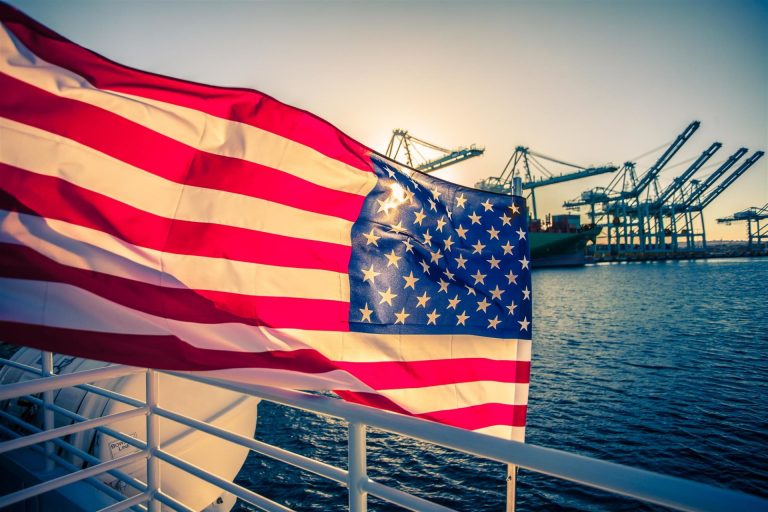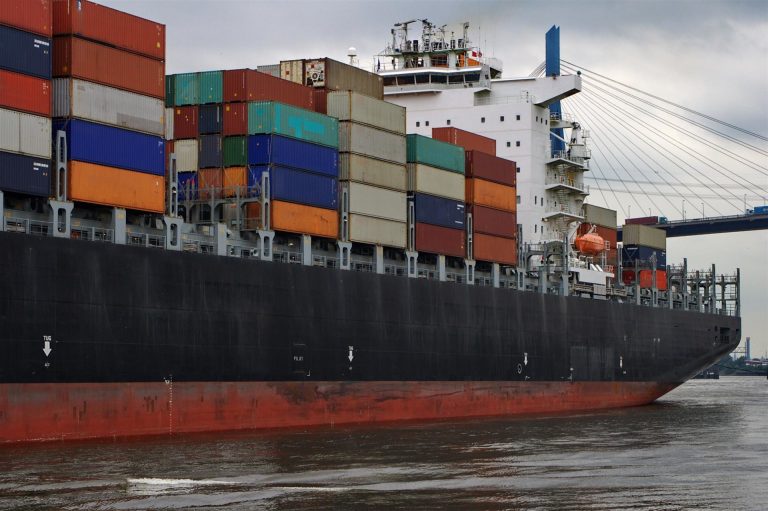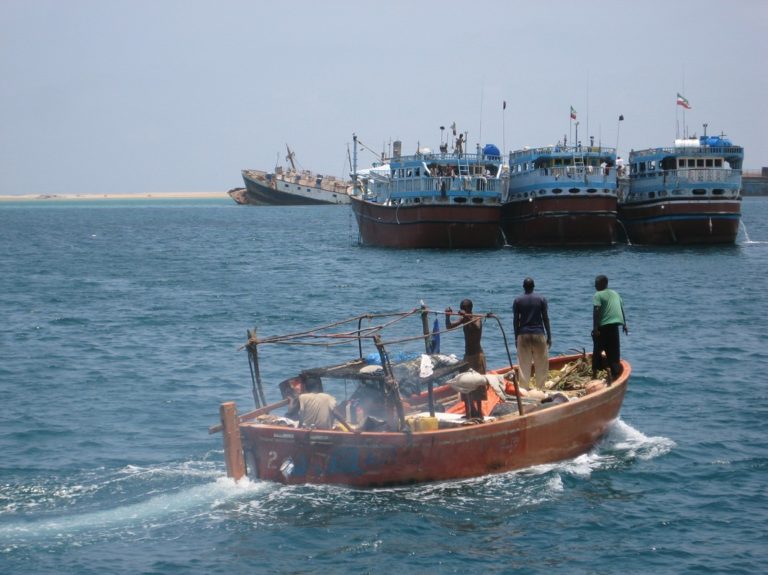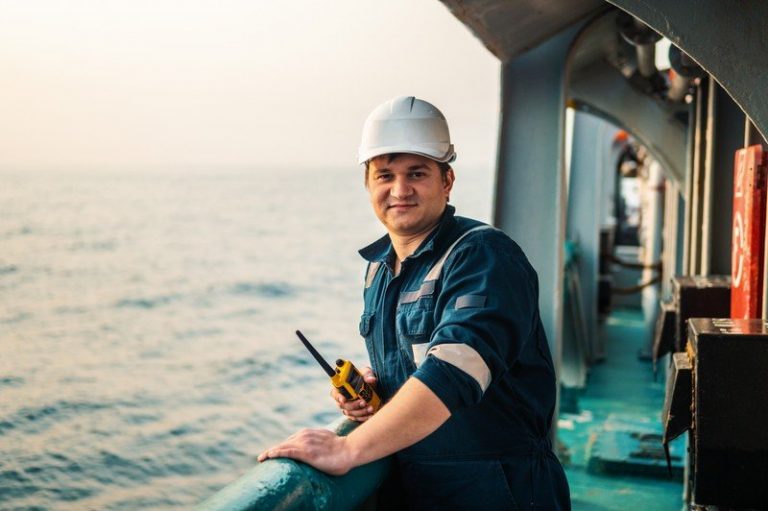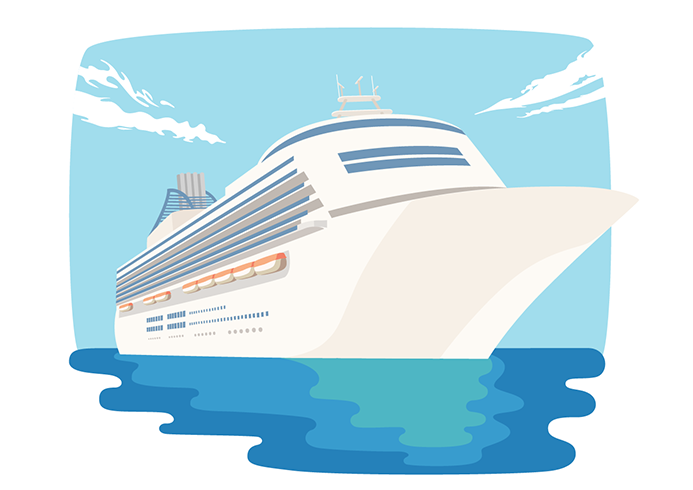The maritime industry is booming, right now, with opportunities in a wide range of different maritime career paths. According to CruiseJobFinder, the growing number of job opportunities can be contributed to the number of new cruise ships being launched each year, which offer a host of various types of careers.1
Aside from cruise ships, careers are available in such areas as:
- Commercial Fishing Vessels
- Offshore Rigs
- Ferries
- Shipping and Transportation Vessels
- Science and Research Vessels
- Government Vessel Contractors
Even though the maritime industry is booming with many job opportunities and expected growth for the foreseeable future, there are many maritime workers who are deciding to leave their life at sea and jobs behind. They are exiting this career for one or more of the following reasons:
Maritime workers decide not to renew their contracts.
Working on vessels and oil rigs normally requires signing a contract period, which can range from a few months to up to a year, and sometimes longer. When the contract comes up for renewal, some workers decide they are ready to return home and work on land.
Maritime workers are tired of being away from family and friends.
Working at sea means you are away from home for long periods of time. Your only communications with family and friends could be limited to emails, text messages, and video chat sessions.
Even when you are in your “home port,” you may be there for only a few hours and not have much time to spend with your loved ones. Eventually, maritime workers may grow tired of not seeing their children as often or missing out on many “firsts.”
Maritime workers are tired of living in cramped quarters.
On many vessels and oil rigs, maritime workers have very small personal living quarters. Quite often, they will even have to share a room with one of their coworkers, further reducing the amount of space they can enjoy during their off hours. Some maritime workers simply grow tired of not having access to larger living spaces and decide to return home.
Maritime workers miss having an active social life.
Maritime workers will be at sea for months on end, and their social lives will consist of activities onboard with their coworkers. While many of their coworkers will become like a second family, eventually they can miss not being able to go out on weekends, attend social gatherings, and do other such things they used to enjoy.
Maritime workers are tired of the long work hours.
Life onboard a vessel or rig requires working long hours with little time off. Vessels and rigs operate seven days a week, rain or shine. In some cases, they also operate around the clock 24 hours a day, including holidays and weekends. Many maritime workers end up working ten to twelve hours a day, every day, for the duration of their contracts.
Maritime workers grow tired of the onboard politics.
All careers, whether on land or at sea, will have some level of internal politics. Yet, at sea, the degree of politics can start to become a problem for some maritime workers who are constantly around their coworkers.
They might notice certain workers getting preferential treatment from senior staff. There could be differences of opinions that spill over into the work environment or vice versa. Sometimes, internal politics become too much, and the worker decides it is time to return to life on land.
Maritime employers are placing workers in dangerous work environments.
Another reason maritime workers leave the industry is when they are forced, by their employers, to work in dangerous and unsafe environments. While life at sea definitely has its risks, being forced to work with malfunctioning machinery and equipment or on a rig or vessel that is not considered seaworthy can drastically increase the risks of accidents and injuries.
Rather than choose to continue to work in such an environment and place themselves in constant danger, some workers decide to get out as soon as they can. Since they were exposed to a bad maritime work experience, they are hesitant to return to a career at sea.
Maritime workers are ready to settle down and start a family.
Many maritime workers are young and single. They choose this career field as a means to travel the world or make some decent money prior to settling down on land. After several years in the industry, they can reach the point where they have traveled everywhere they desired or have earned enough money and are ready to get married and start a family.
Maritime workers are experiencing health issues.
Life at sea can have a direct effect on one’s health. Maritime workers get less sleep and some experience higher levels of stress. In some cases, the workers may not have access to proper medical care at sea or even a steady supply of fresh food and water. Not to mention, there are all sorts of illnesses that are easier to spread onboard a vessel or rig. Some workers grow tired of how their jobs are affecting their health and decide they no longer want to work at sea.
There might be a personal or family emergency onshore.
It can be difficult to attend and address a personal or family emergency while one is at sea. It is extremely difficult to focus on your work and maintain a safe working environment for coworkers when one’s mind is worried about what is going on at home.
For instance, your spouse is in a serious car accident and will no longer be able to care for your children. Initially, you ask your parents to help so you can stay at sea. However, your children are saying your parents aren’t helping as much as they said.
Maritime workers are concerned about the rise in piracy.
Pirate attacks on commercial and cruise vessels, as well as rigs, have been on the rise in recent years. After being attacked by pirates and living through the ordeal, some maritime workers no longer feel safe. As a result, they decide it is time to return to land.
Maritime workers are ready to retire.
Some maritime workers remain in the industry for numerous years and eventually reach the age when they want to retire. They are ready to transition back to land and spend their “golden years” doing things they love and enjoy.
Maritime workers could be involved in an accident and become injured.
Sometimes the reason maritime workers decide to leave their jobs is that they can no longer work at sea because they were injured during an accident. Heavy objects or equipment could have fallen on them and crushed their spines, causing them to spend the rest of their lives in wheelchairs.
They could have been performing maintenance on high-pressure water pipes that burst and cut off their hands. When serious injuries like these occur, it often means the end of a career at sea.
Maritime workers want to secure a decent-paying onshore job.
In cases where workers started their sea careers right out of high school, they know that getting a decent-paying job onshore later will be difficult without the proper education. Unless maritime workers want to remain in the industry for numerous years, they know at some point after several years at sea, it will be time to return home and earn a degree for a decent-paying job onshore.
Maritime workers realize life at sea is not what they expected.
Some maritime workers might have pictured an exciting life at sea and did not fully realize all that they would be doing. It might have sounded great that they would get to travel to a wide variety of destinations around the world or would be able to take advantage of a fast-track quick advancement career path. However, once they get onboard and start living their actual sea lives, they decide it truly is not for them.
What to Do if Your Maritime Career Ended Due to Serious Injuries
Anytime a maritime worker is injured at sea by offshore accidents, there are various maritime laws and acts that provide certain protections. It is important to understand which laws and acts you could be entitled to file claims against for your injuries.
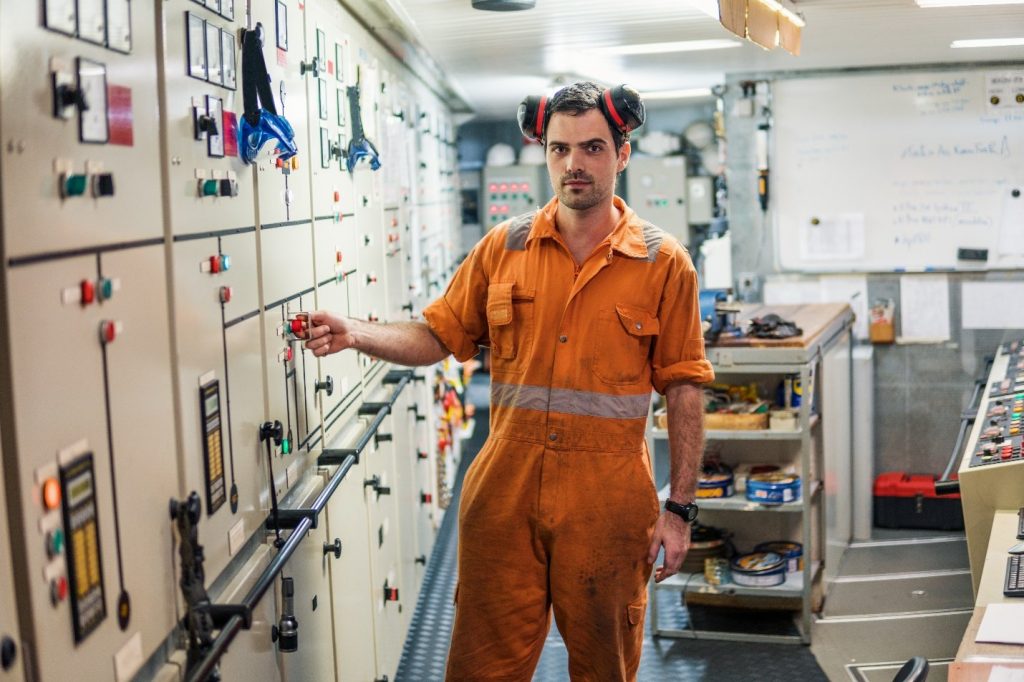
Even if the injuries are only minor in nature, and you will eventually be released back to work, you should still take the time to find out if you are truly receiving all the forms of compensation you are entitled to receive.
In cases where the extent of your injuries has ended your maritime career, it is important for you to get help filing compensation claims from qualified maritime accident lawyers. There are specific deadlines you must meet in order to protect your claim. If you fail to file by these deadlines, you will not be allowed to file.
Furthermore, there are several different maritime laws and acts which could apply to your situation. Knowing which ones are relevant and how to apply for them are things your maritime injury attorney will understand in order to ensure your claim is filed correctly.
If you or a loved one has been injured while working at sea, please feel free to contact Maintenance and Cure, part of Schechter, Shaffer, & Harris, L.L.P., at 1-800-836-5830 to speak with a maritime accident attorney today! Our maritime lawyers are here to help by offering free, professional, and legal advice.
Source:


